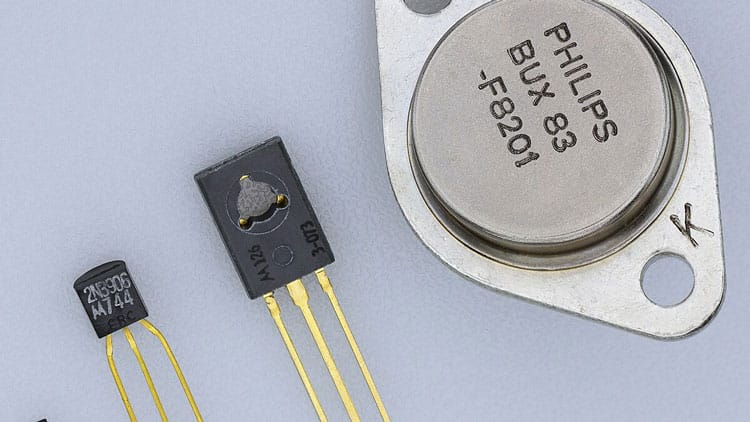Johns Hopkins scientists unlock brain-like memory functions in electronics.
Researchers from Johns Hopkins University have made a groundbreaking discovery in electronic memory technology. By fine-tuning the materials in organic logic switches—transistors—they created a novel type of memristor. These devices, capable of retaining past charging states, promise to emulate the human brain’s memory processes. The team’s findings were published in Advanced Functional Materials.
“Our original objective was simply to study how transistors handle charging,” explained Riley Bond, a graduate student and team member. “We aimed to identify where charge gets trapped in these devices and improve their charging performance to prevent short circuits.”
A Serendipitous Discovery

The team, led by Professor Howard Katz of the Whiting School of Engineering, introduced a molecule called dibenzo tetrathiafulvalene (DBTTF) into transistors. DBTTF forms crystals within the transistor’s insulating layer, which the researchers hypothesized could store charges. What they observed exceeded their expectations: the modified transistors could “remember” their past charges, demonstrating memory-like behavior akin to a memristor.
“Traditional transistors don’t retain previous charges after recharging,” said Bond. “But these adjusted based on earlier charges, showing an ability to ‘remember’ in a way that mirrors human synaptic activity.”
Brain-Inspired Computing
Memristors function similarly to how the human brain processes memories. When the brain forms new memories, synapses adapt and form new connections. Memristors replicate this by adjusting their current flow based on past voltages, offering a potential leap toward computers that learn and adapt like human minds.
This innovation could address two pressing concerns in modern computing: energy efficiency and physical data storage.
“Each gigabyte of cloud data is stored on 48 billion transistors, housed in massive data centers,” Bond noted. “As traditional transistors can’t get much smaller, we’re hitting limits in space and energy savings. Memristors could replace thousands of transistors, making computing far more efficient while slashing energy use and reducing physical space needs.”
Exploring New Frontiers
Since their breakthrough, the team has expanded their research to investigate whether other modified transistors might exhibit similar memristor-like behavior.
“We’re revisiting earlier designs and exploring new materials to see if they hold similar potential for this transformative technology,” Bond added.
Implications for the Future
With their brain-like adaptability and reduced energy consumption, memristors could redefine how computers store and process data. They pave the way for more efficient electronics, innovative devices, and potentially, a step closer to accurate artificial intelligence.
Source:techxplore.com


